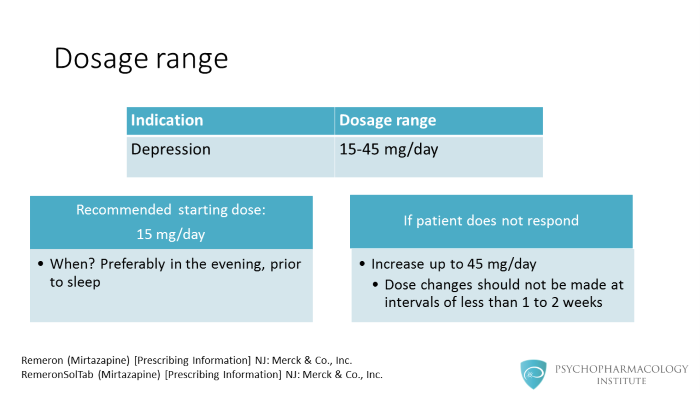Mirtazapine is a commonly prescribed antidepressant that has helped many individuals manage their mental health conditions. However, like any medication, it comes with potential side effects. This article delves into the side effects of mirtazapine, providing a detailed overview that aims to inform and guide those considering or currently using this medication.
Key Takeaways
- Mirtazapine is an antidepressant used to treat major depressive disorder.
- Common side effects include drowsiness, weight gain, and dry mouth.
- Serious side effects, though rare, can include changes in mood and suicidal thoughts.
- Consultation with a healthcare provider is crucial for managing side effects effectively.
What is Mirtazapine?
Mirtazapine is a tetracyclic antidepressant primarily prescribed to treat major depressive disorder. It works by balancing neurotransmitters in the brain, which can help improve mood and emotional stability. While effective for many, understanding the potential side effects is crucial for anyone considering this medication.
Common Side Effects of Mirtazapine
While mirtazapine is generally well-tolerated, some individuals may experience side effects. It’s important to note that not everyone will experience these, and they can vary in intensity.
Drowsiness and Sedation

One of the most frequently reported side effects of mirtazapine is drowsiness. This is often seen as beneficial for individuals with insomnia or anxiety-related sleep disturbances. However, for others, it can interfere with daily activities.
Weight Gain
Weight gain is another common side effect of mirtazapine. This can be attributed to increased appetite and changes in metabolism. Patients should monitor their diet and exercise regularly to mitigate this effect.
Dry Mouth
Dry mouth is a less severe but common side effect. Staying hydrated and using sugar-free gum or lozenges can help alleviate this discomfort.
Less Common Side Effects
Beyond the more common side effects, there are others that occur less frequently but are worth noting.
Dizziness
Some individuals may experience dizziness, particularly when standing up quickly. This is due to the medication’s impact on blood pressure.
Increased Appetite
While increased appetite can contribute to weight gain, it can also be a standalone side effect. Monitoring food intake can help manage this.

Serious Side Effects
Though rare, mirtazapine can cause serious side effects that require immediate medical attention.
Mood Changes
Some patients may experience mood swings, irritability, or increased anxiety. If these occur, it’s important to consult a healthcare provider promptly.
Suicidal Thoughts
In rare cases, mirtazapine can increase suicidal thoughts, particularly in young adults and adolescents. Regular monitoring by a healthcare professional is essential during the initial treatment phase.
Allergic Reactions
Signs of an allergic reaction include rash, itching, swelling, severe dizziness, and difficulty breathing. Immediate medical attention is necessary if these symptoms appear.
Managing Side Effects
Effective management of side effects involves communication with healthcare providers and personal strategies.
Consult Your Doctor
If side effects become bothersome or severe, consulting with a doctor is crucial. They may adjust the dosage or suggest alternative treatments.
Lifestyle Adjustments
Incorporating a balanced diet, regular exercise, and proper hydration can help mitigate some side effects like weight gain and dry mouth.
While mirtazapine is an effective treatment for depression, understanding its side effects is essential for safe and effective use. By staying informed and working closely with healthcare providers, individuals can manage these side effects and continue their path to improved mental health.
Always consult a healthcare professional before making any changes to your medication regimen. This article aims to provide a comprehensive overview but should not replace professional medical advice.
